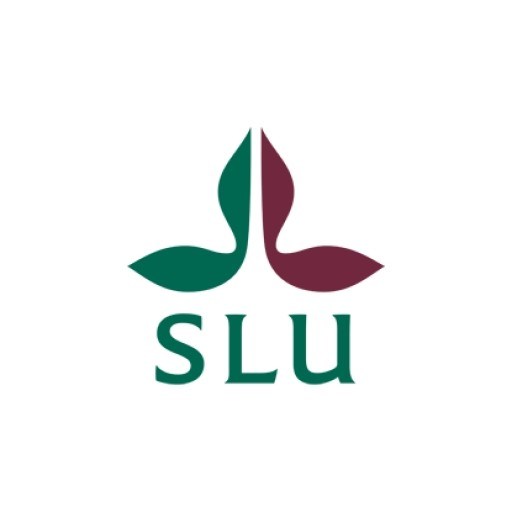Photos of university / #slu.student
Forestry faces profound changes, thus forestry education must equip students with new skills. This first class MSc programme is conducted in an international environment, preparing students for a career in the forestry sector.
The forestry profession faces profound changes. Forests are no longer regarded simply as "factories" for wood production. The perspective has widened and the wide range of outputs from forests, has become a keen concern for the whole of society - nationally, regionally and globally. Across borders, countries share environmental and social issues; likewise, forest industries and markets increasingly cross national boarders. Consequently the forester of today must have a wide perspective and be capable of working in an international environment.
Besides mastering the core knowledge in silviculture,a forester must have a wide perspective and be capable of working in an international environment.
To respond to these needs, The MSc programme "Euroforester" has been developed in cooperation between 13 forest faculties in Estonia, Latvia, Lithuania, Poland, Germany, Denmark, Russia, Ukraine and Sweden.
Being accepted to the programme means that you are guaranteed a place on all courses in the programme, if you follow and pass the courses. The courses are given one at a time.
Future
The program will equip the students with knowledge and skills making them attractive for employment in the forestry sector. Students having attended our previous programme have been very competitive on the job market in the forestry sector and are now in different professions, working in forest companies, in state forests, in forest industries etc., some have also started a research carreer as PhD students.
Great efforts will be made to support alumni activities, in order to maintain the international network established during the studies.
The focus of the programme is on sustainable forestry in the Baltic Sea region the hub of the European forest resources. Countries in the region share comparable conditions, but vary markedly in forestry practices and traditions. This constitutes an excellent setting for international studies in forestry. In addition to acquire up-to-date knowledge, students will form their own international network with the peers and the international teacher team.
The MSc programmes starts with a one-year course package oriented towards economical forestry. With Alnarp in southern Sweden as a base, the programme offers field work and study tours to other countries in the region.
Conifer dominated forestry is in focus during the 1st course, where the influence of silviculture on forest development is deeply examined.
The 2nd course moves up to the estate level addressing the principles and practises of sustainable management and multiple use of forests. Also students prepare long-term forest management plants for a large estate.
The 3rd course addresses forest policy at national, regional and global level. Much attention is placed on comparative policy analyses between countries in the Baltic Sea region.
The ecology and usage of broadleaved forests are the themes in the 4th course. The impact of modern forestry on biological diversity is discussed together with strategies for preserving rich flora and fauna.
During the second year students work with Master thesis and attend elective suitable courses. In many cases, the Master thesis is conducted in co-operation between faculties with supervisors from more than one country.
Qualification Awarded
Degree of Master (Two Years) with a major in Forest Science.
Want to improve your English level for admission?
Prepare for the program requirements with English Online by the British Council.
- ✔️ Flexible study schedule
- ✔️ Experienced teachers
- ✔️ Certificate upon completion
📘 Recommended for students with an IELTS level of 6.0 or below.
Scholarships
Scholarships are available for fee-paying students admitted to Master's programmes. The scholarships are granted by both SLU and the Swedish Institute (SI). Scholarships offered by SLU cover tuition fees only (not the cost of living). The number of scholarships awarded changes from year to year. Information about scholarships at SLU, including how to apply, is sent out to all applicants applying in time.




